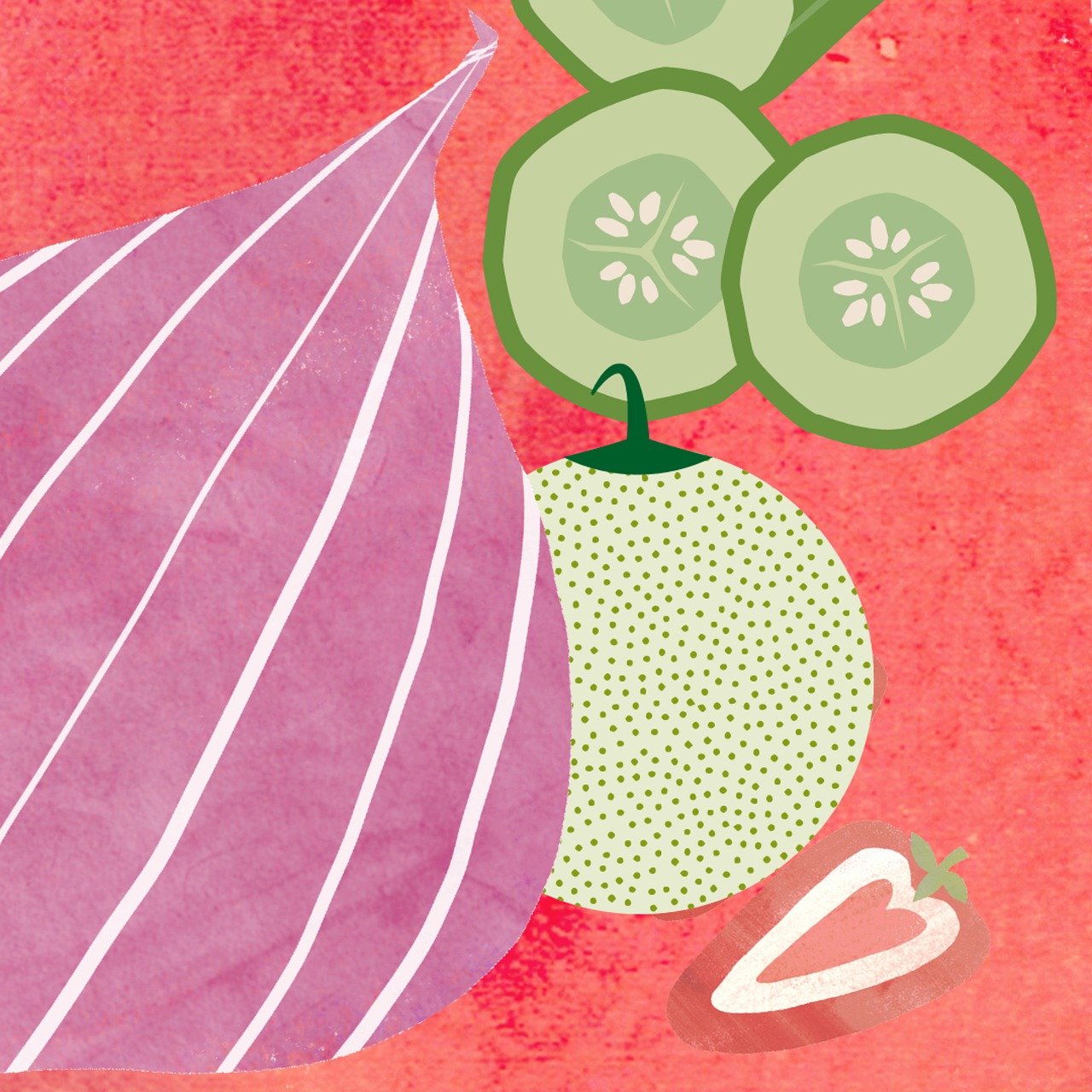Embracing food sovereignty is vital for reimagining global food systems by centering local voices. Collaborative efforts among communities and policymakers are essential for building a fair food future for all.
In Joan Godwin’s piece, her segment on food inequality and social justice sheds light on the ethical and social questions embedded within our food systems. She explores issues of access, nutrition, and cultural significance, helping us better understand the challenges faced by diverse communities. Godwin also examines how industrialisation disrupts traditional agriculture, affecting communities worldwide, especially Indigenous peoples. Food serves as a vital expression of cultural identity, with traditional cuisines reflecting the history, values, and practices of communities.
As we consider the cultural impact of food, the question remains: how can we create food systems that not only nourish individuals but also uphold social justice, protect traditional practices, and ensure access for all?

In “Food for Thought – POLITICO,” the authors cut through the noise to expose Europe’s food crisis: a mix of shifting demographics, policy roadblocks, and urgent sustainability needs. They highlight how EU and national policies shape who gets access to nutritious food, making the case for bold, community-driven solutions. This piece argues, unapologetically, that only a united front—linking policymakers with grassroots efforts—can unravel the complexities of food insecurity and ensure everyone’s right to healthy food.
This perspective brings us to a larger question: How can communities and policymakers collaborate to build food systems that respect cultural diversity, address inequities, and promote sustainability?
Pimbert and Claeys’ “Food Sovereignty: A Global Perspective” lays it out: communities everywhere are taking back the reins on their food systems, sidestepping top-down policy traps to create something that actually works—sustainable, culturally grounded, and fiercely local. Through global case studies, they reveal the power of community knowledge and local action as the backbone of resilient food systems. This isn’t just about food access; it’s about preserving cultural identities, protecting traditional practices, and building equity from the ground up. In short, it’s a wake-up call to policymakers: respect the roots, or watch the system crumble.
This is The Cultural Fabric of Food: More Than Just Sustenance. It’s not merely about who gets a meal—it’s about preserving cultural identities, defending traditional practices, and building equity from the ground up. Embracing food sovereignty isn’t some idealistic add-on; it’s the backbone of any genuine transformation in global food systems, one that truly centres local voices. The message is clear: if policymakers want a fair food future, they need to step up and collaborate with communities. Respecting the roots isn’t optional—it’s the only foundation that holds.




